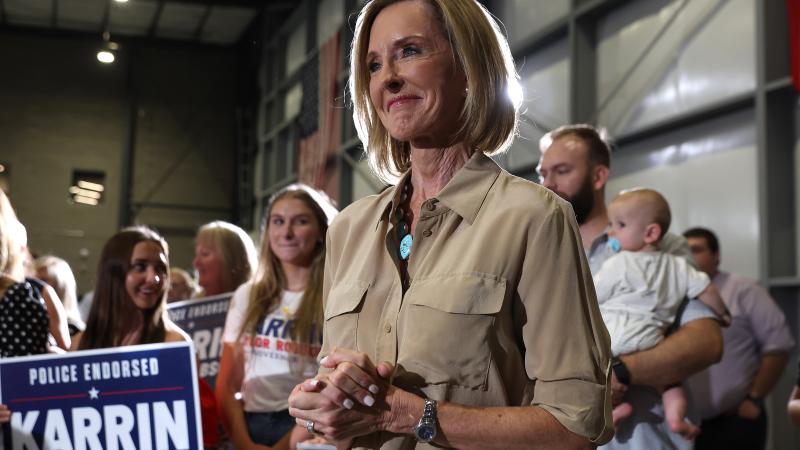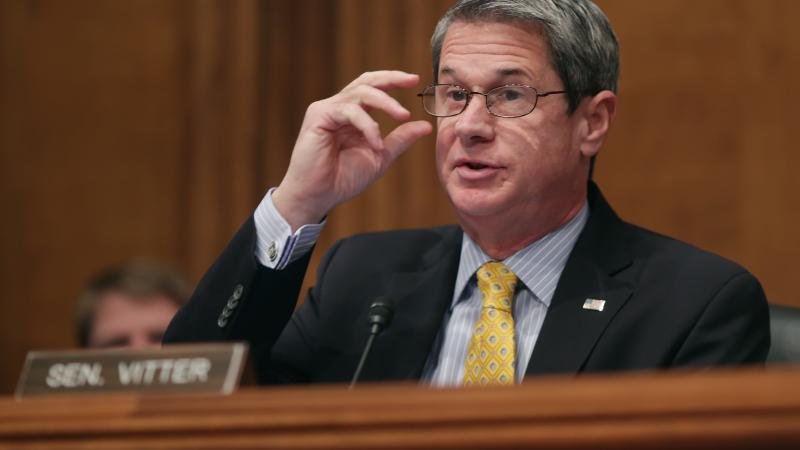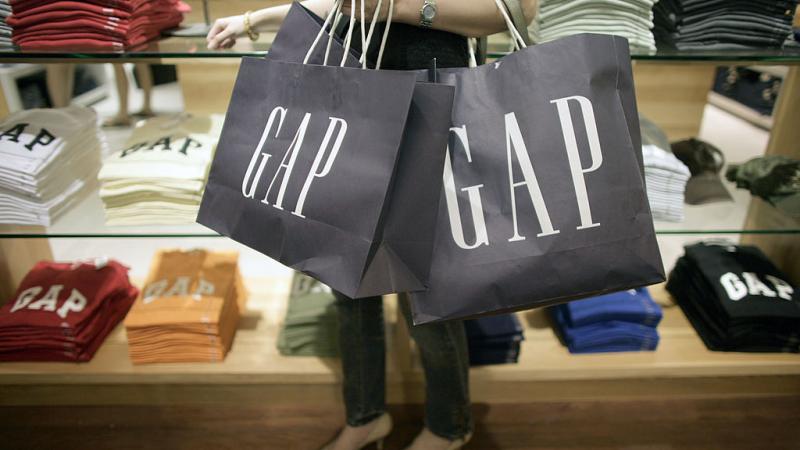Joe Biden’s acceptance speech exposes his Achilles heel. Will Trump strike it?
Biden picked a fight on the virus, but Democrats' early response to pandemic has 'enough holes ... to make some political Swiss cheese.'
Joe Biden’s acceptance speech made abundantly clear the Democratic nominee plans to focus his bid to forcibly retire Donald Trump from the White House on the U.S. response to the pandemic while ignoring violence destroying America’s cities and China’s clear and present danger.
In so doing, the former vice president flashed his perceived vulnerabilities with a few short choice words.
“If I'm president on day one we'll implement the national strategy I've been laying out since March,” Biden said Thursday night.
There are no mistakes in speeches this big. The spread of the virus started in January, but Biden's adddress chose to start his record of involvement two months later.
Why?
Because during the first two months of the coronavirus’ relentless creep this year, Biden and Democrats had some uncomfortable moments that armchair quarterbacks say put them on the wrong side of the early pandemic debate.
Take, for instance, the day Trump decisively blocked travel Jan. 31 from China after the virus escaped Wuhan. Biden was campaigning in Iowa when he offered this reaction.
"This is no time for Donald Trump's record of hysteria xenophobia, hysterical xenophobia, and fear-mongering to lead the way instead of science,” the Delaware Democrat said.
The next day Biden doubled down on his comment in a tweet.
Republicans have used his early line to suggest Biden directly called the travel ban xenophobic. That may not be technically true but it was an implied inference.
When Trump extended the ban to Europe, where the virus was raging in Italy, Biden again tweeted his opposition on March 12. “A wall will not stop the coronavirus. Banning all travel from Europe – or any other part of the world – will not stop it,” he declared.
Biden’s tweet directly conflicts with Dr. Anthony Fauci, the nation’s chief of infectious diseases, who testified last month that Trump’s travel bans saved lives. “Yes I do,” Fauci answered when asked whether the president's early actions saved lives.
Biden’s speech chose to start his pandemic record in March because he didn’t offer a plan in the early going. Much of Democrats’ focus in January, in fact, was on the failed impeachment of Trump, not public health.
A few days before his xenophobic comment, Biden wrote an op-ed in USA Today in which he suggested a pandemic might be coming but offered few new prescriptions. Instead, the op-ed was mostly an attack on Trump's past comments about the 2014 feared pandemic over Ebola that never materialized.
“The possibility of a pandemic is a challenge Donald Trump is unqualified to handle as president,” Biden wrote. His prescription in that article was simply to call attention to what Obama did during that threat and criticize Trump.
In his speech Thursday night, Biden also addressed protective gear. “We'll make the medical supplies and protective equipment our country needs. And we'll make them here in America. So we will never again be at the mercy of China and other foreign countries in order to protect our own people,” he stated.
That line exposed another vulnerability for the Democratic nominee, who until recently kept arguing China didn’t pose a threat to the United States.
One legacy of the earlier Obama pandemic record was that the U.S stockpile of protective equipment was depleted and never restocked sufficiently, leaving America ill-equipped for the start of COVID-19. The man who ran the stockpile for Obama confirmed that earlier this year.
And as a Wall Street Journal column by Kimberly Strassel highlighted Friday, Biden’s decision to harken back to the Obama pandemic strategy comes with a boomerang.
“The Ebola example is designed to divert attention from a more relevant comparison: the H1N1 swine-flu outbreak of 2009-10,” Strassel wrote. “Democrats don’t like to talk about H1N1, because it didn’t go well. If it had been as deadly as COVID-19, the toll would have been catastrophic. The history is a powerful reminder that governments can’t stop a virus – although they can make epidemics worse.”
Democrats also would prefer to forget some of their record in February of this year.
During two of their biggest presidential primary debates that month, coronavirus didn’t even come up among the candidates. They only began talking about it at the third debate in late February.
And in a video often resurrected, House Speaker Nancy Pelosi famously offered an invitation for Americans to visit San Francisco's Chinatown on Feb. 24.
“We want to be careful about how we deal with it, but we do want to say to people, ‘Come to Chinatown. Here we are. We’re careful, safe. Come join us,' " Pelosi declared.
She also told reporters in another video, “Everything is fine here.”
Ron Klain, Biden’s long-time adviser and the man who ran Obama’s pandemic responses, joined in the Democrats’ downplay of the virus in February, including a tweet that suggested Trump was creating fear over something that wasn’t an epidemic.
"We don't have a COVID-19 epidemic in the US but we are starting to see a fear epidemic,” Klain tweeted on Feb. 13.
Biden chose to make March the start date for his pandemic attack line on Trump because the Democratic record before that is weak and contradictory, according to a Democrats familiar with the strategy.
"Our record from March on is strong but there are enough holes before that to make some political Swiss cheese," the Democratic source told me.
Biden also spent little or no time time talking about China, or the violent gun deaths and city riots plaguing urban America, especially African-Americans. Once again, the omissions signal a perceived vulnerability his team foresees.
Expect next week’s Republican convention and its nominee, Trump, to change that dialogue.
The Facts Inside Our Reporter's Notebook
Links
- Fauci answered
- Biden wrote an op-ed in USA Today
- U.S stockpile of protective was depleted and never restocked
- confirmed that earlier this year
- Wall Street Journal column by Kimberly Strassel
- During two of their biggest presidential primary debates that month, coronavirus didnât even come up














